Best substitute for coconut flour | Top 14 options to replace
There are many delicious recipes with coconut flour, including sweet pancakes and muffins.
Coconut flour is a popular gluten-free baking flour that is made from dried and ground coconut “meat”.
But what happens if you’re out of coconut flour and need to make a recipe that calls for it?
You’re likely wondering what makes a good coconut flour substitute and where to find it?

Almond flour is the best coconut flour substitute because it is also gluten-free, healthy, and has the same texture so it won’t alter the consistency of your baked goods.
In this guide, I’m sharing all of the substitutes you can use when you’re baking and chances are, they have them at your local grocery shop or you can order them online.
First, check out the table of all the substitutes and then read more information about them below:
| Best substitute for coconut flour | Images |
|---|---|
| Almond flour | 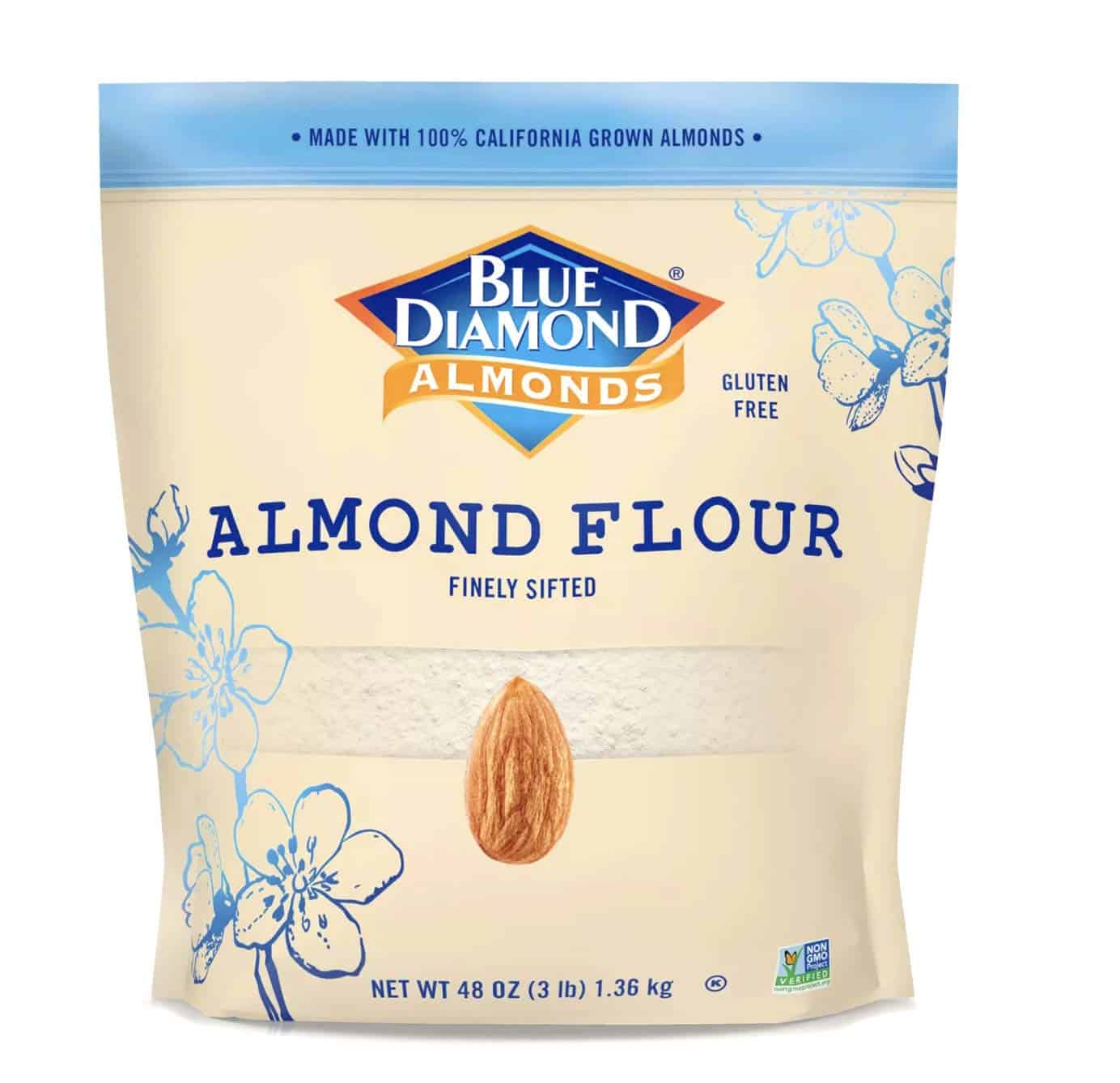
|
| Almond meal | 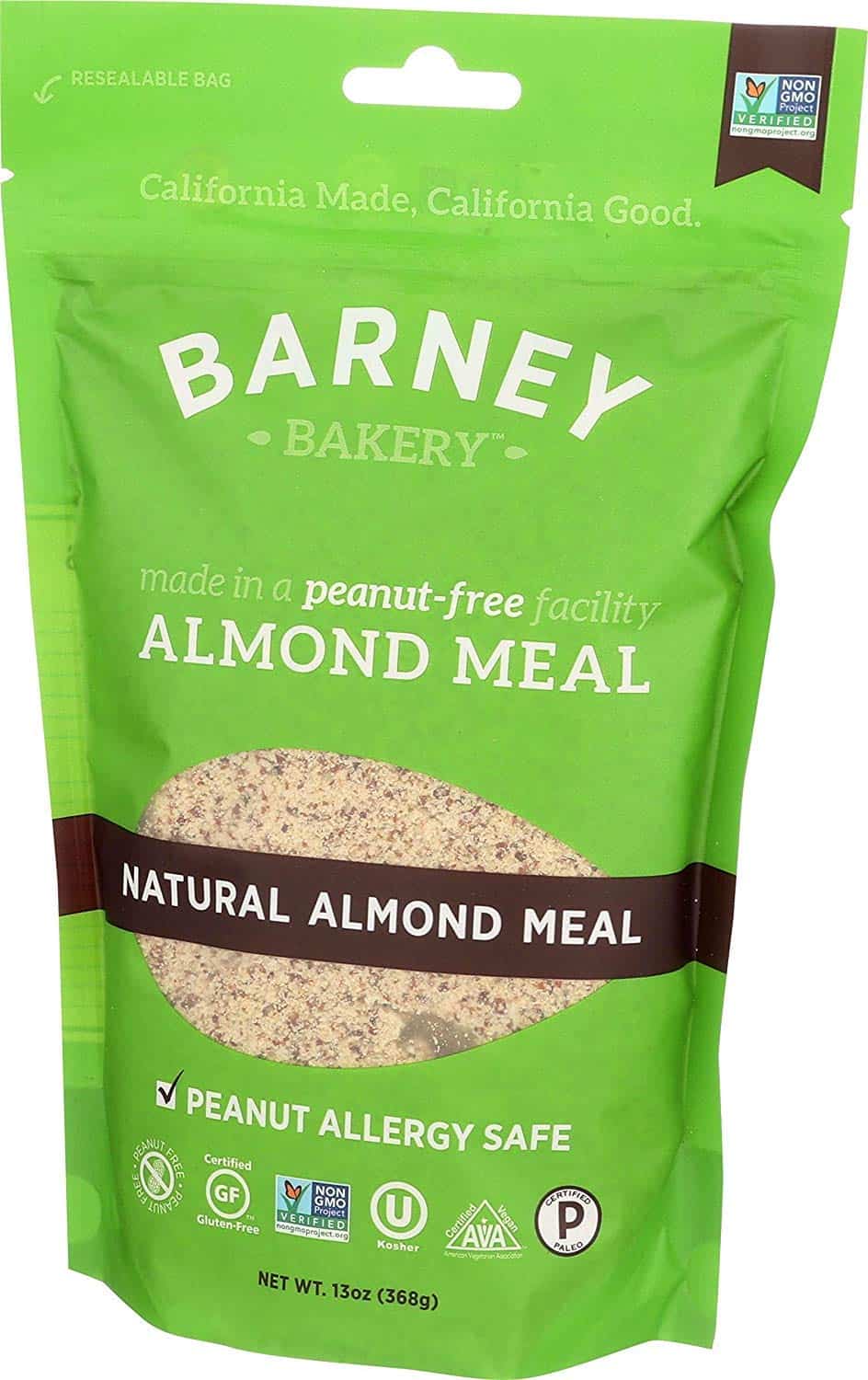
|
| Chickpea flour | 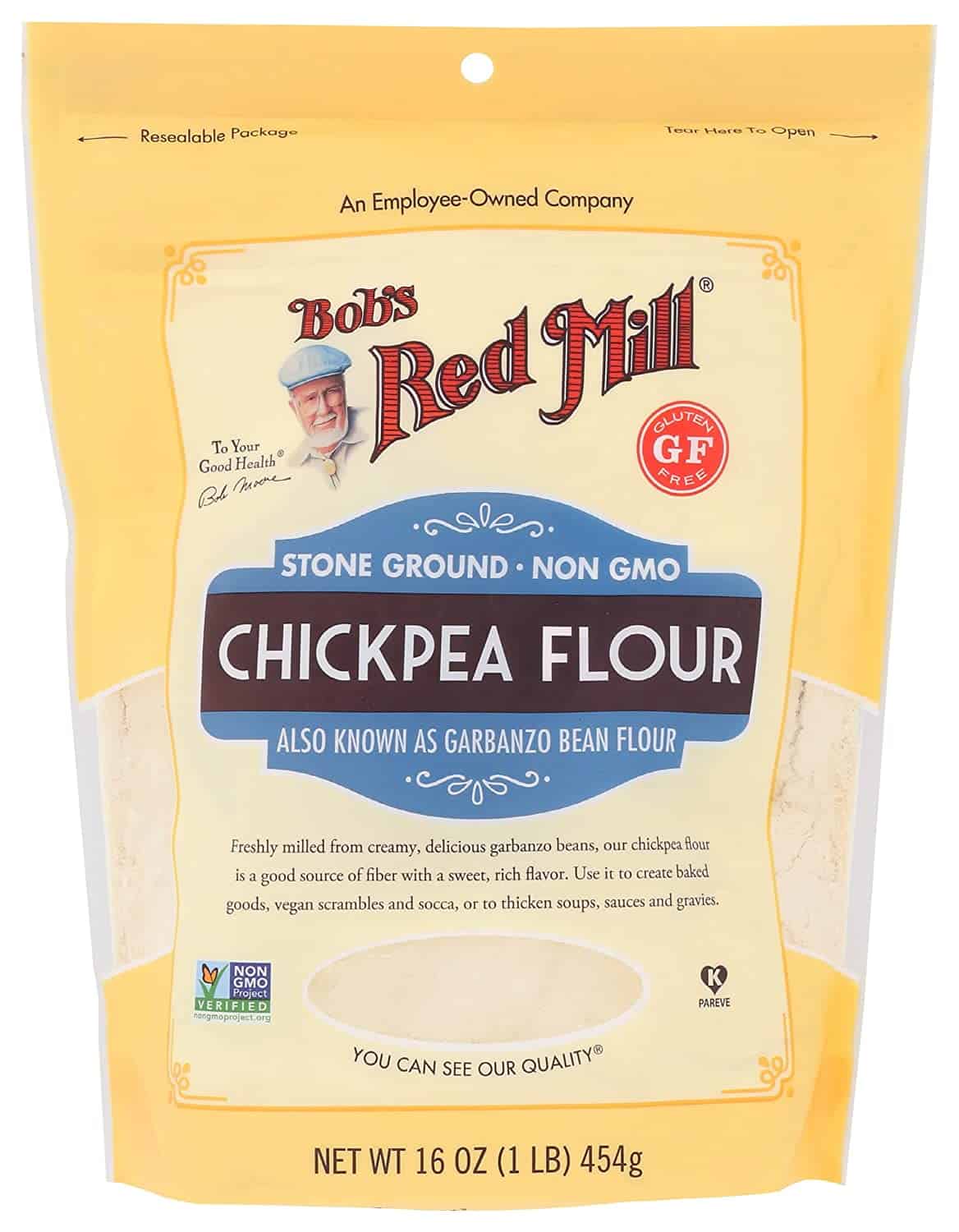
|
| Arrowroot powder | 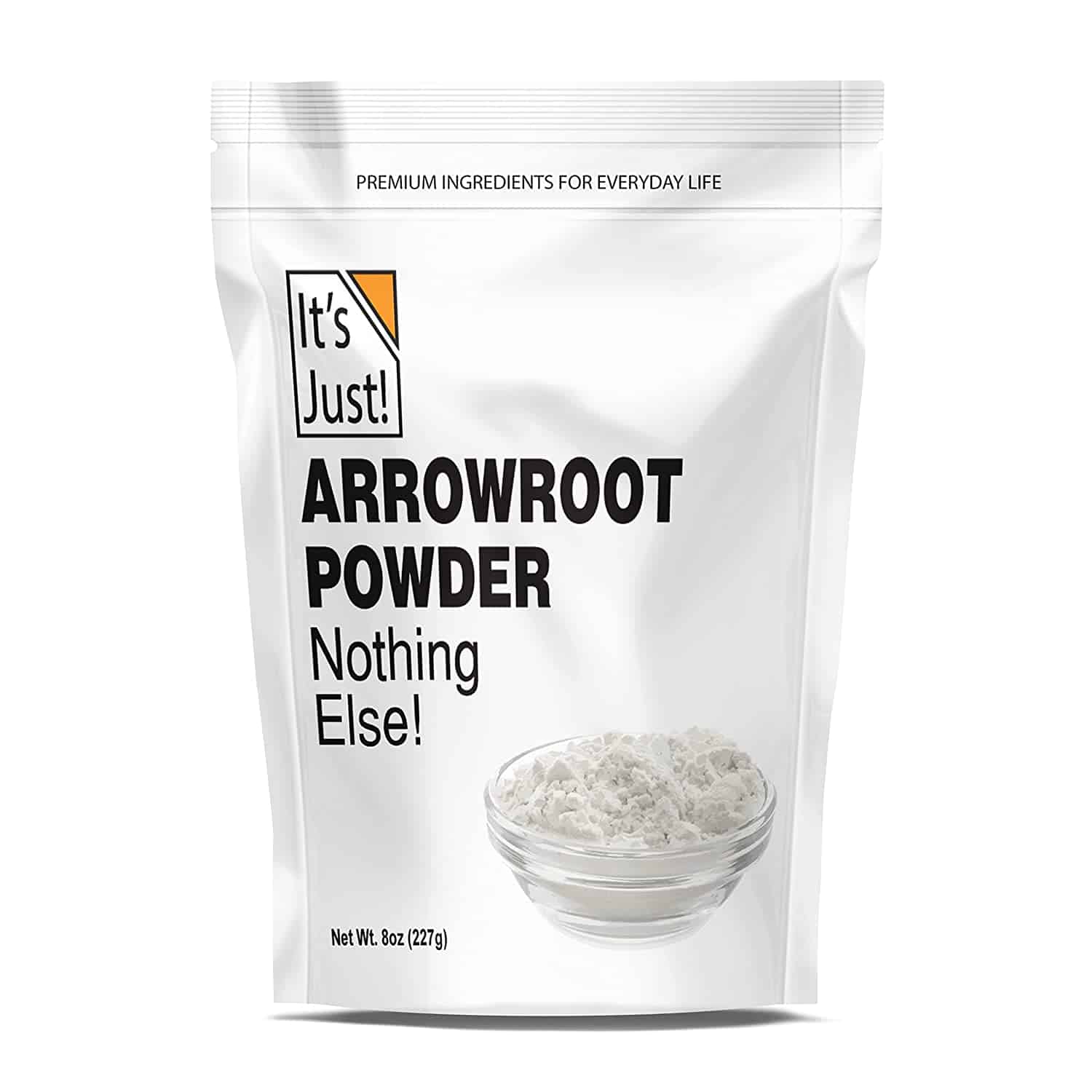
|
| Potato flour | 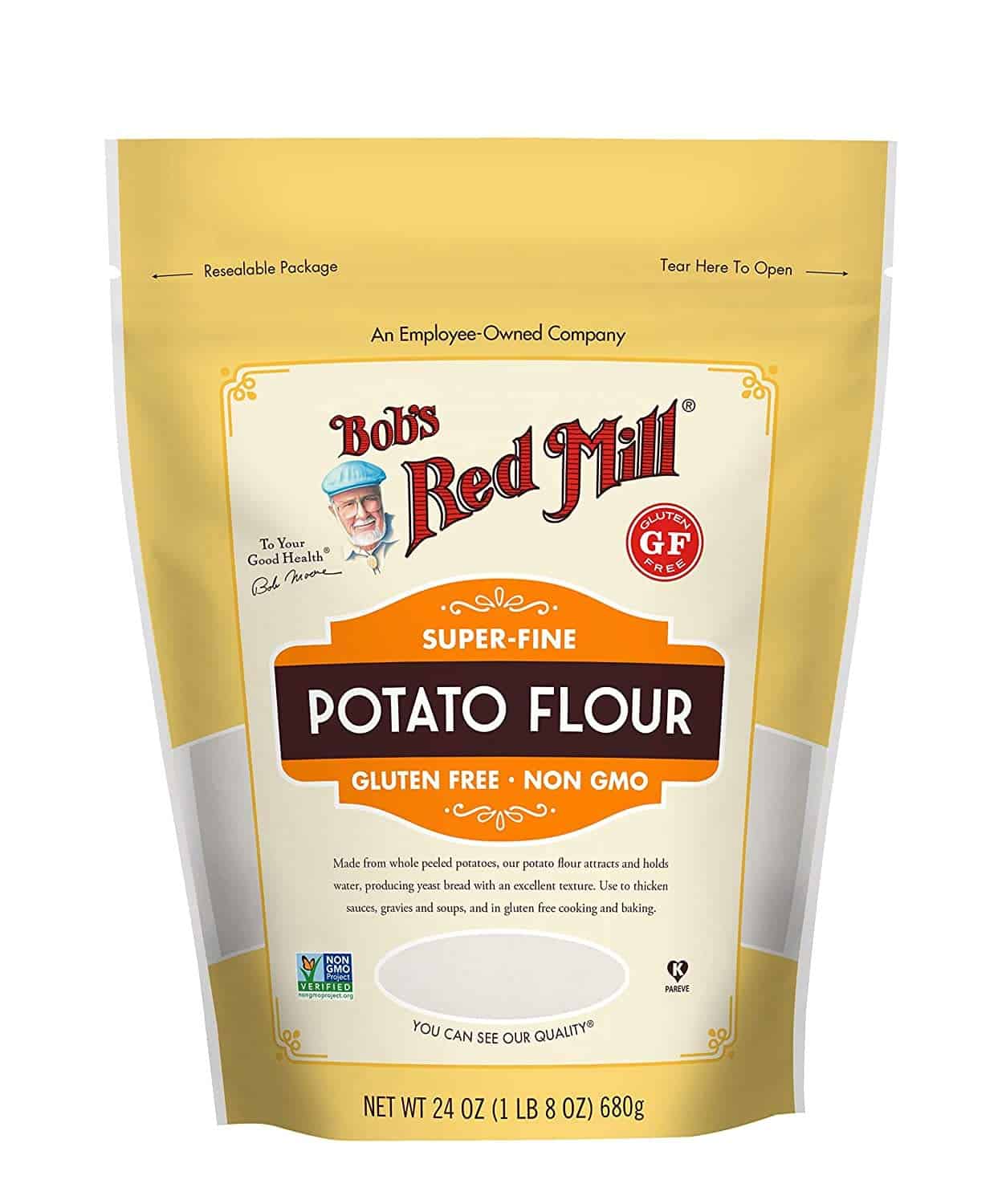
|
| White rice flour | 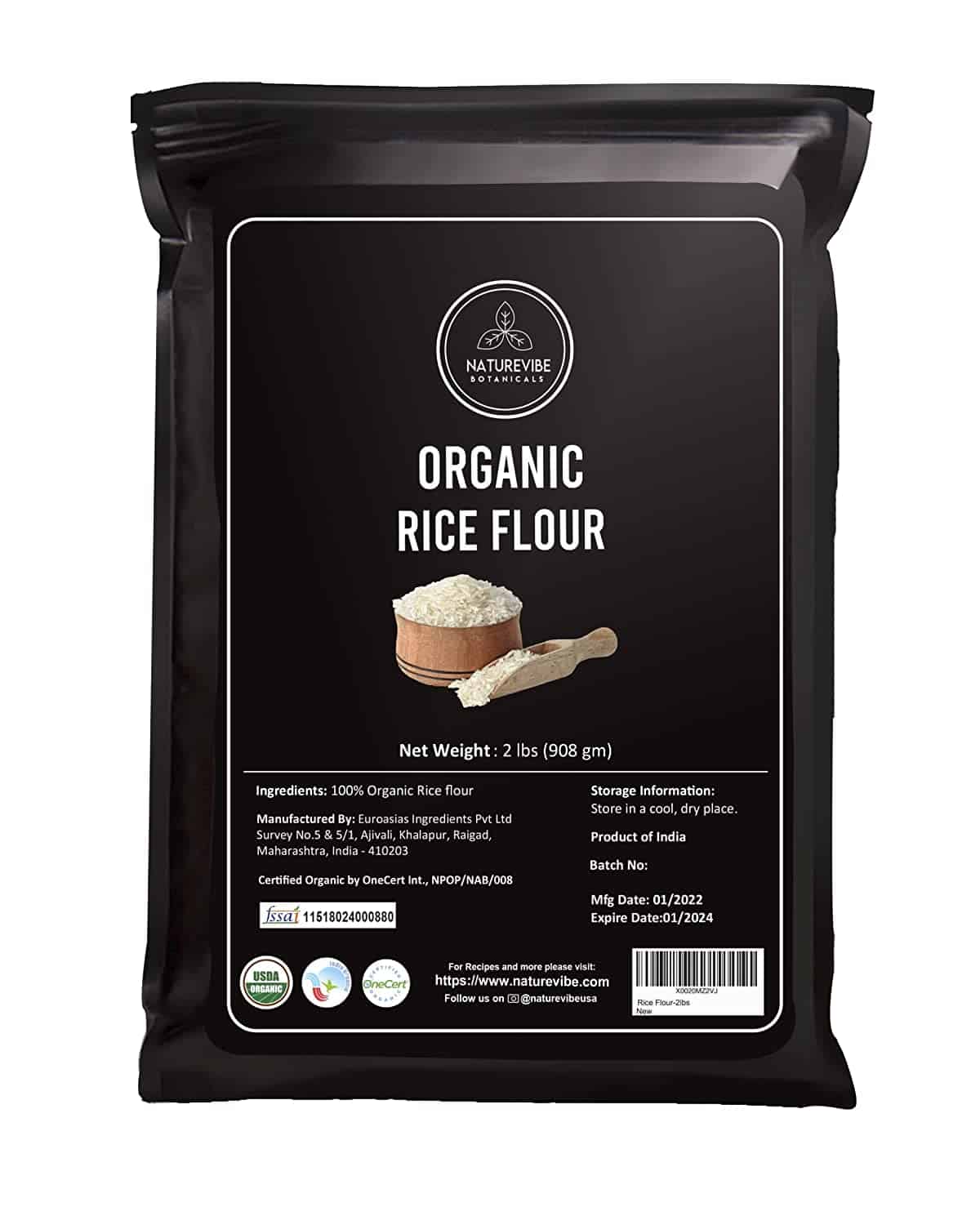
|
| Brown rice flour | 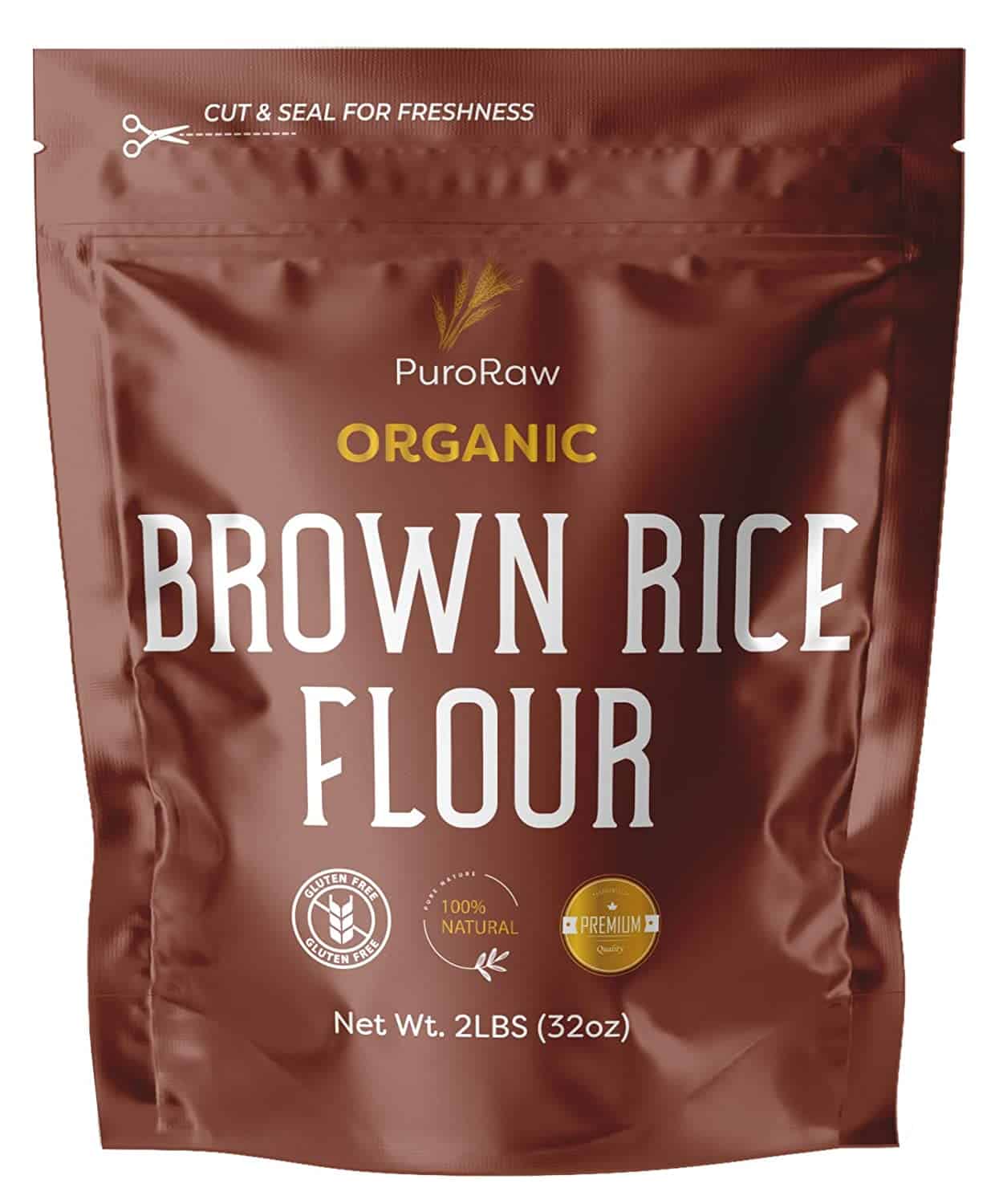
|
| Sunflower seed flour | 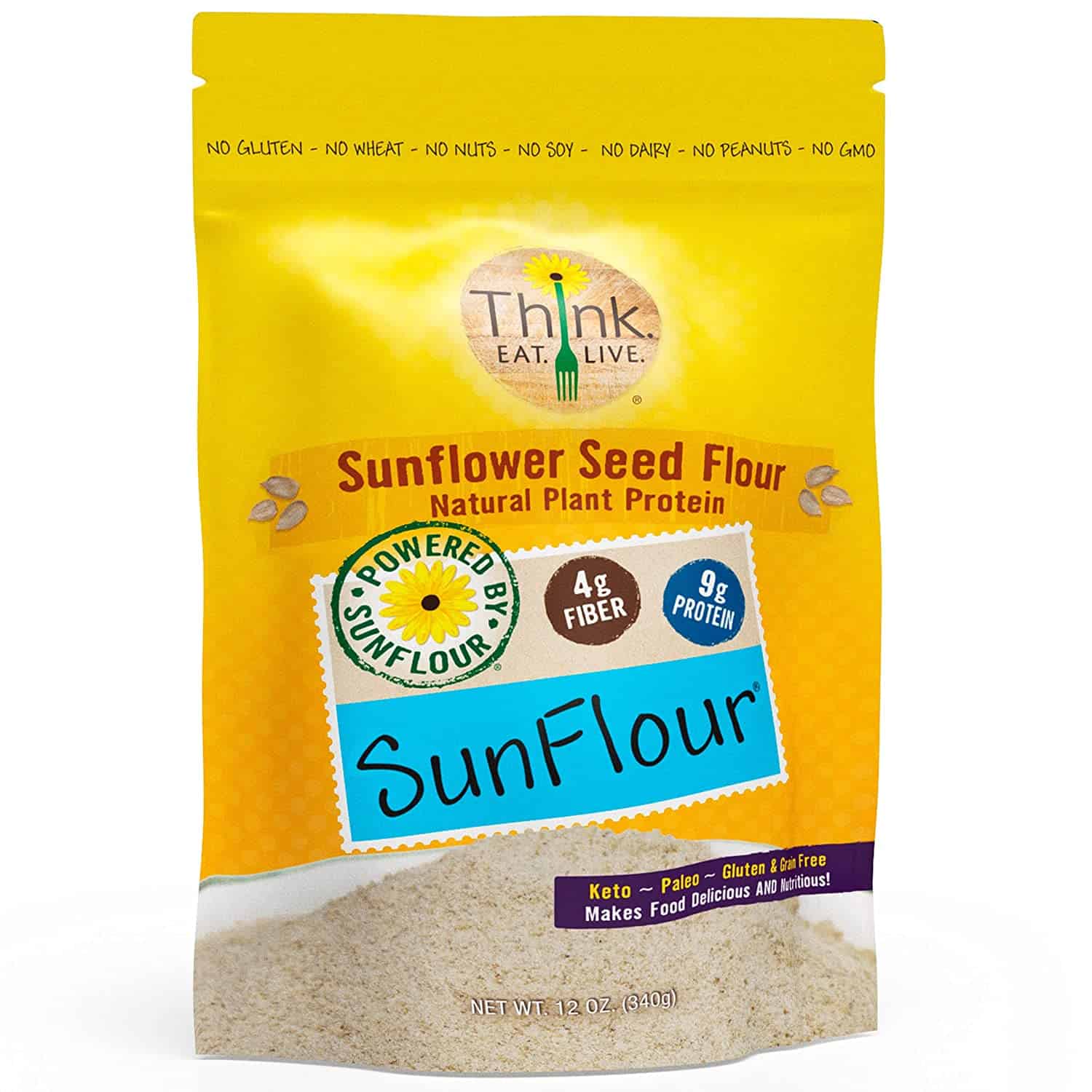
|
| Cassava flour | 
|
| Soy flour | 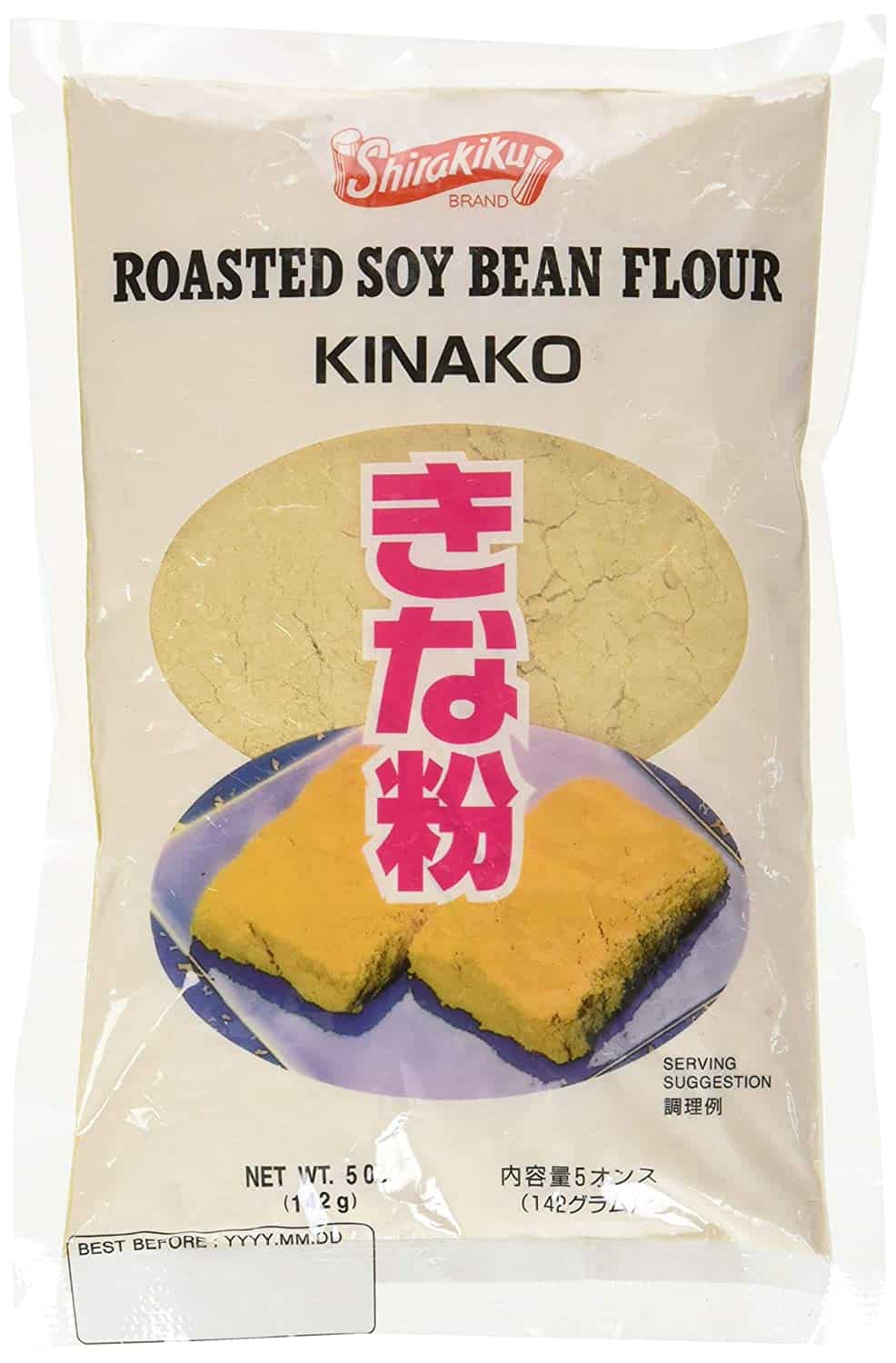
|
| Hazelnut flour | 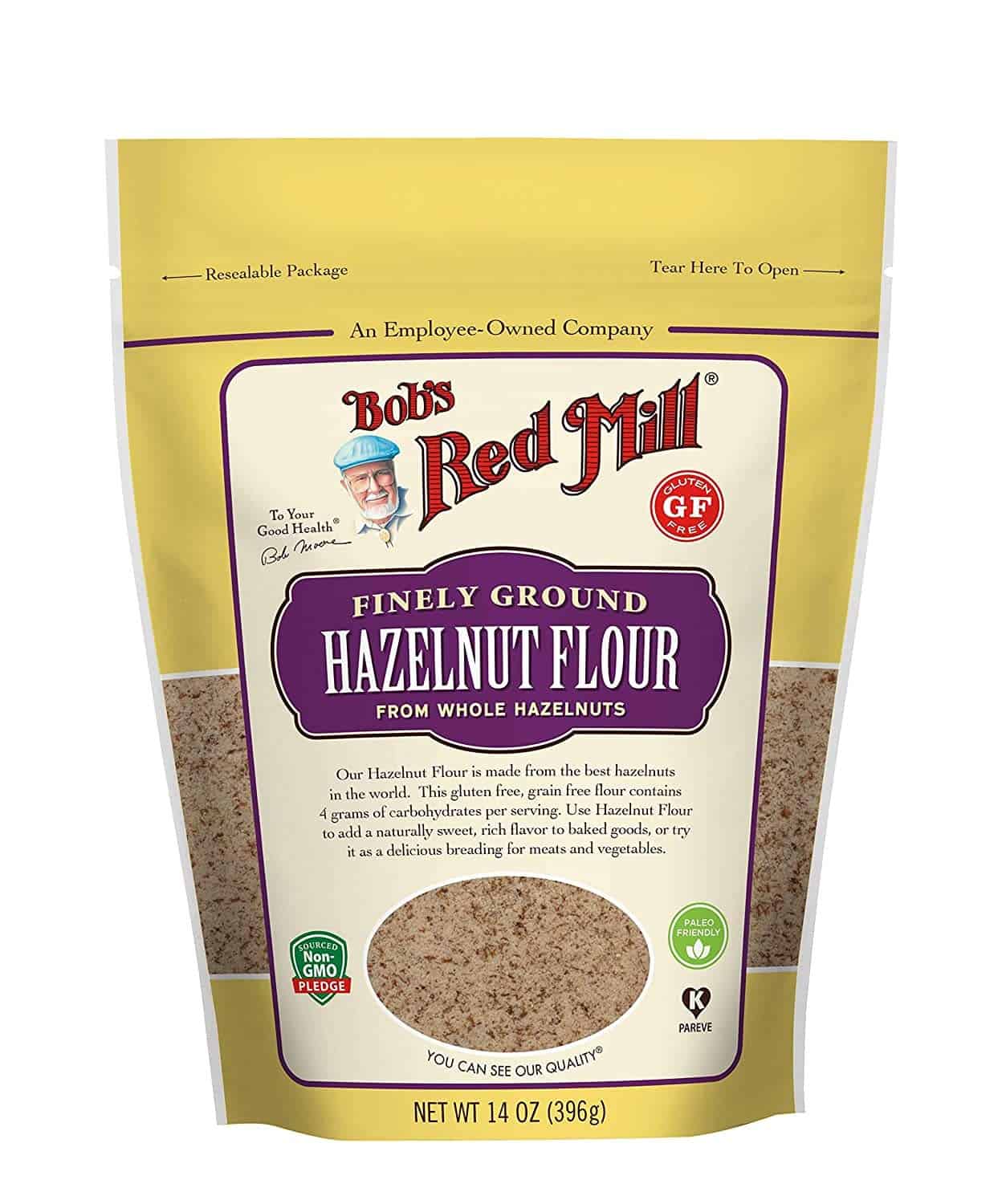
|
| Tapioca flour | 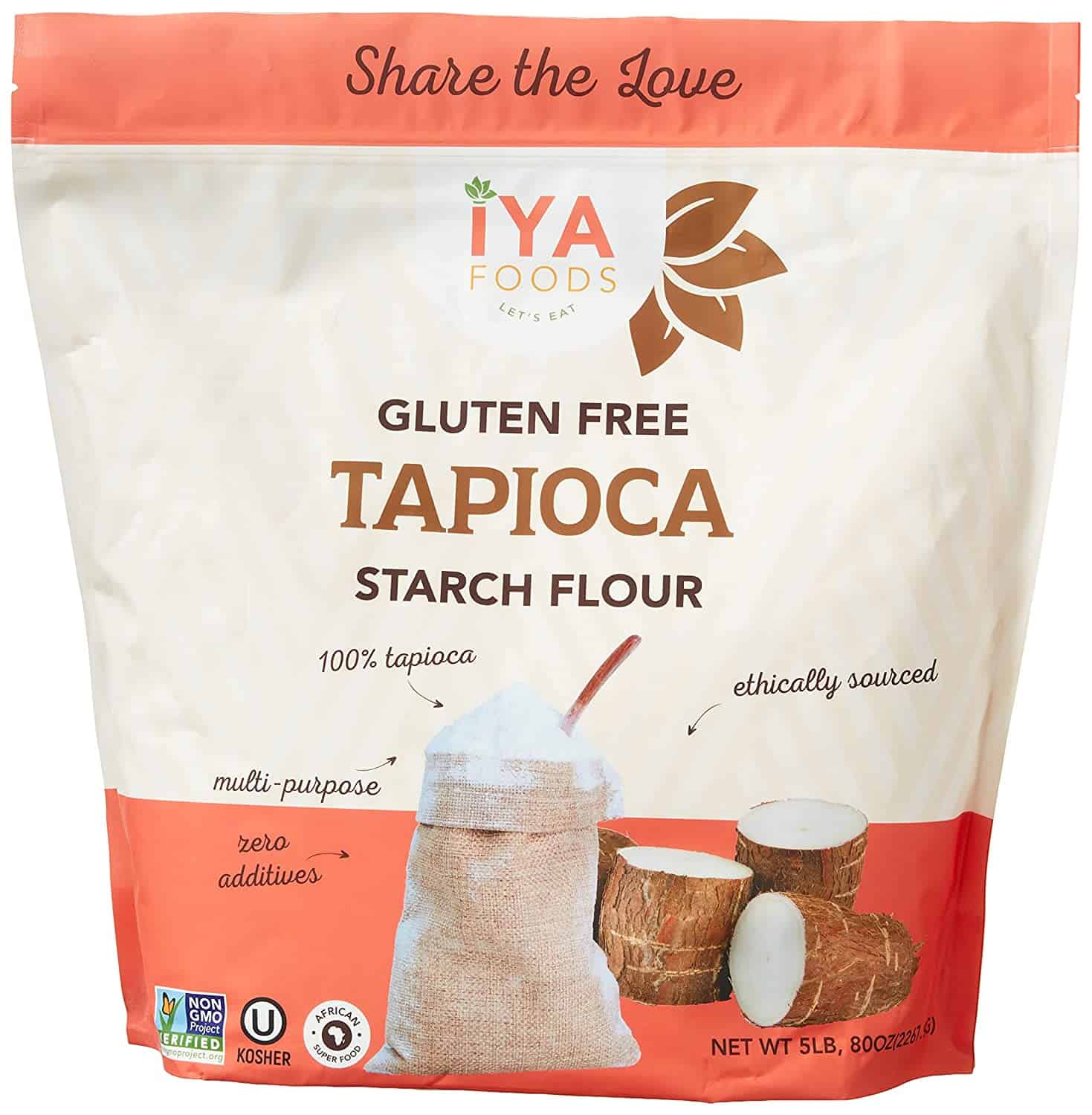
|
| Spelt flour | 
|
| Flaxseed meal | 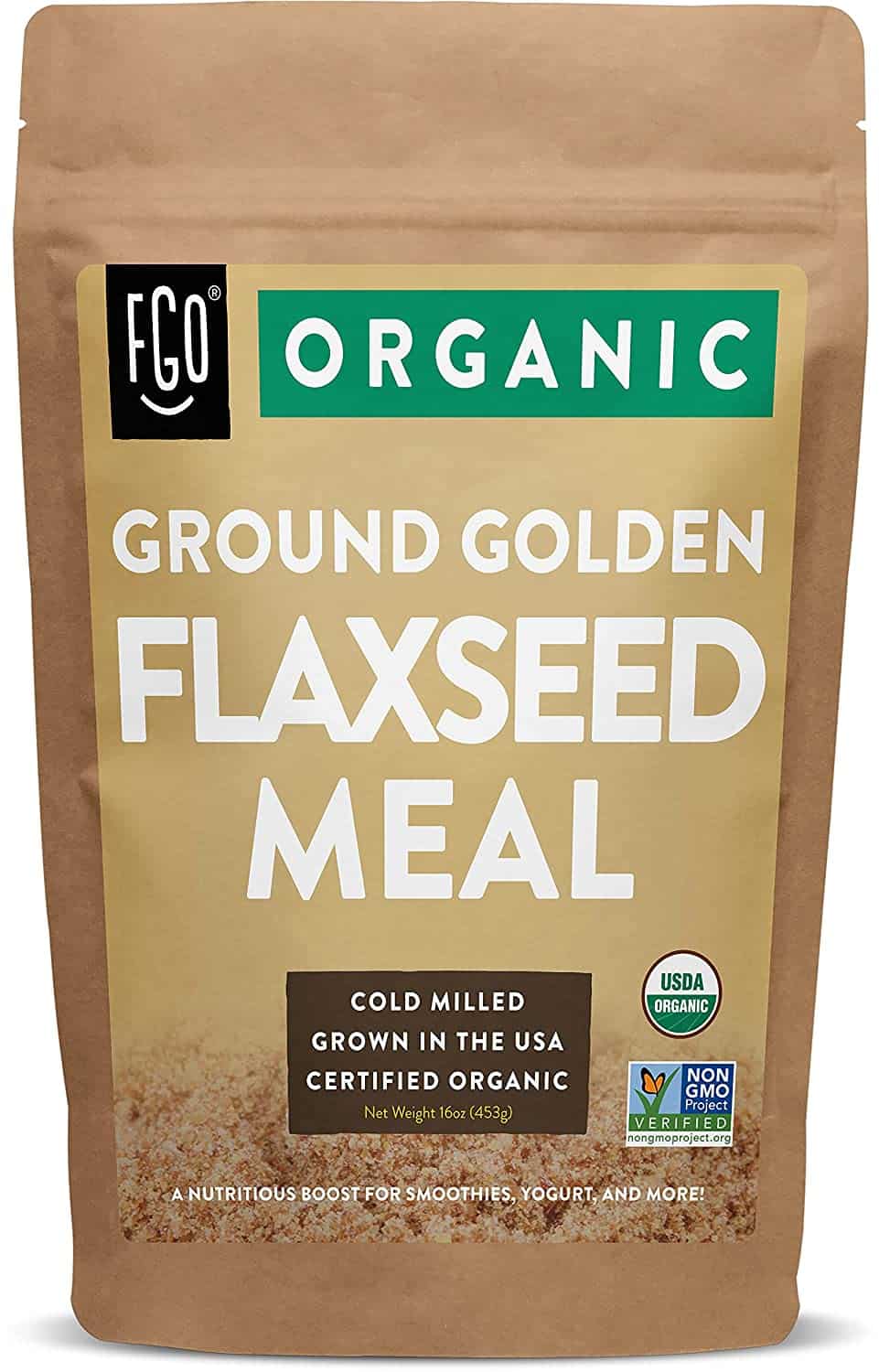
|
Did you know that in Japan there are many different types of flour? Find all the different names (komugiko, chûrikiko, hakurikiko) explained here

Check out our new cookbook
Bitemybun's family recipes with complete meal planner and recipe guide.
Try it out for free with Kindle Unlimited:
Read for freeIn this post we'll cover:
Best coconut flour substitutes
Here are some great substitutes for coconut flour that you can use in a pinch.
Almond flour: the favorite coconut flour substitute
Almond flour is a great substitute for coconut flour because it has a similar texture and density.
It’s also high in protein and fiber, making it a good choice for gluten-free baking and the paleo diet.
Almond flour is made of finely ground almonds and it’s a good source of healthy fats, fiber, vitamins, protein, and minerals.

When you’re substituting coconut flour with almond flour you can use a 1:1 ratio.
However, you should know that almond flour cannot absorb as much liquid as coconut flour so you may need to add less liquid to your recipe.
If you find that your batter is too dense, you can add an extra egg or two to lighten it up.
What I like about almond flour is that it has a similar light and neutral flavor like the coconut flavor. Therefore, it doesn’t overpower your food.
It’s quite similar to all-purpose flour and you can use it in all the same ways so it’s one of the best coconut flour alternatives in the world.
You can also use unblanched almond flour as a substitute but it has a darker brownish color.
The Blue Diamond Almond Flour is one of the most popular almond flours on the market because of its fine grind and neutral taste.
Almond meal
Almond meal is a coarser version of almond flour, so it may not be the best choice if you’re looking for an exact replacement for coconut flour.
However, it can still be used in recipes that call for coconut flour, and it will add a nutty flavor to your dish.
Almond meal works pretty well for many coconut flour recipes because the flavor is similar to regular almond flour.

Almond meal can be used in recipes like pancakes, waffles, muffins, cakes, and cookies. Basically, if you don’t mind a coarser texture, you can always just use almond meal.
You can even use finely ground almonds instead of almond meal, but you may need to experiment with the measurements a little bit.
Chickpea flour
Chickpea flour is another good substitute for coconut flour. It’s made from ground chickpeas, so it’s high in protein and fiber plus it’s also gluten-free!
This flour is also called garbanzo flour or besan because it’s made from garbanzo beans (chickpeas).

Chickpea flour has a slightly nutty taste and it’s a good source of vitamins, fibers, minerals, and antioxidants. In fact, it’s one of the most nutritious coconut flour substitutes since it’s lower in calories.
It has a slightly different texture than coconut flour, but it works well in most recipes, especially fried savory dishes.
Even the color is a similar yellowish white.
It’s best to use slightly more chickpea flour than coconut flour. Thus, you can use 1/2 cup of chickpea flour for every 1/4 cup of the coconut.
Arrowroot powder
Arrowroot powder is a starch that can be used as a substitute for coconut flour. It’s technically a thickener, but it can be used in gluten-free baking to add structure and density to recipes.
It’s not as high in protein and fiber as coconut flour, but it works well in recipes that don’t require a lot of rising, such as cookies.

If you’re making something like bread or buns, arrowroot powder might not be the best coconut flour substitute.
Arrowroot powder can be substituted in a 1:1 ratio and you’ll end up with a similar texture.
It’s also a good choice if you’re looking for a coconut flour alternative that’s gluten-free.
What’s great about arrowroot powder is that it doesn’t alter the taste of your recipe, so it’s perfect if you’re looking for a neutral-flavored flour substitute.
Arrowroot powder and arrowroot flour are actually the same things, so don’t get confused when you’re shopping for this ingredient.
Potato flour
Potato flour is made from ground potatoes and is a good substitute for coconut flour.
It is made from the potato, including skins so it has high fiber content and is also gluten-free. It’s not as high in fiber as coconut flour, but it has a similar protein content.
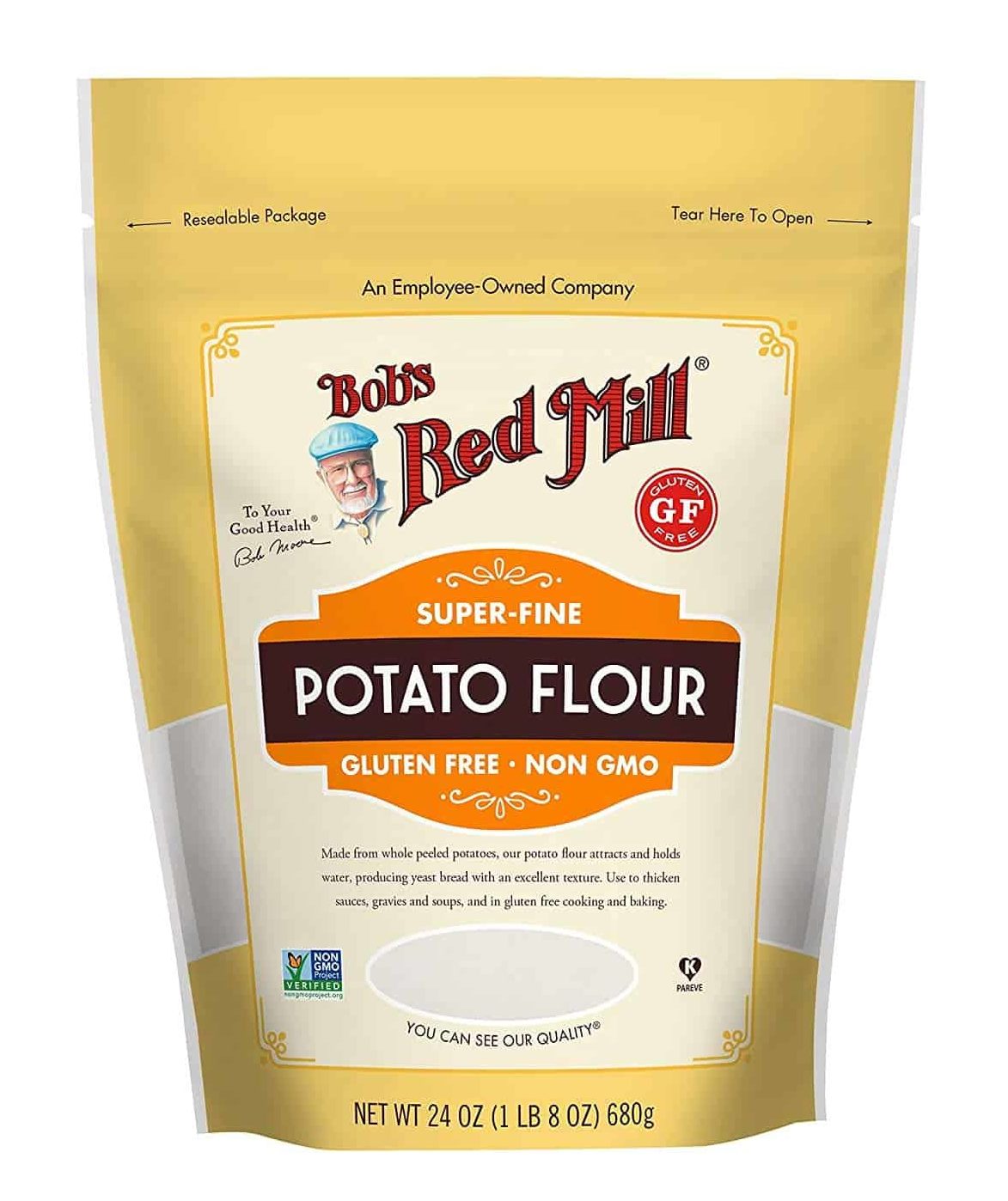
Potato flour is generally used when baking bread and rising cakes or pastries because the potato flour retains water well so it works well with yeast.
Also, potato flour is a great thickener and binder so you can use it in all recipes. Its neutral flavor won’t alter the flavor of your dish. You can even use potato flour to thicken soups and stews!
You can use potato flour in a 1:1 ratio to replace coconut flour in a recipe.
Rice flour
White rice flour is a good substitute for coconut flour if you’re looking for something that’s gluten-free. Also, rice flour contains many antioxidants and is a low-carb flour.
It’s a good choice if you want neutral-flavored flour because it doesn’t have a strong taste.
It’s made from ground rice and has a similar texture to coconut flour, and even the color is very similar.
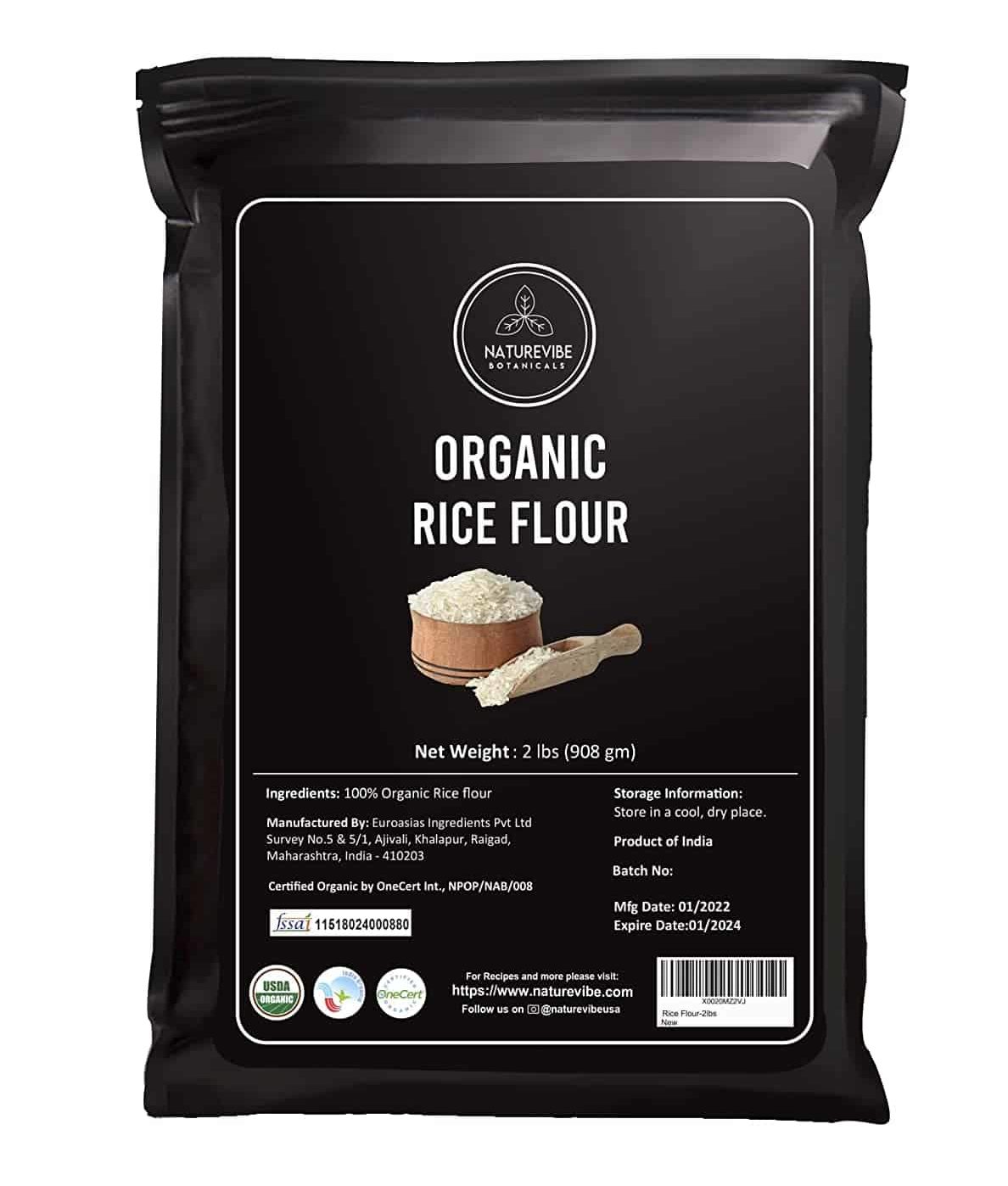
The consistency is a bit different because rice flour is softer than coconut flour. Thus, you need to use more of it as a coconut flour replacement.
You can use white rice flour in a 3:1 ratio to replace coconut flour in a recipe.
It’s not as high in protein or fiber, but it works well in recipes that don’t require a lot of rise.
Rice flour is a good choice for recipes like cookies, cakes, and quick bread.
Brown rice flour
You can also replace coconut flour with brown rice flour, which is similar to regular white rice flour.
The main difference is that brown rice flour is made from whole grain rice, so it’s higher in fiber and is considered to be healthier.

Like regular rice flour, it’s not as high in protein as coconut flour, but it works well in recipes that don’t require a lot of rise.
Brown rice flour is a good coconut flour substitute because it has a similar texture and mild flavor that doesn’t alter the taste of your recipe.
This flour is excellent for making noodles and foods like pancakes.
You can use brown rice flour as a 3:1 replacement for coconut flour in recipes.
Sunflower seed flour
Sunflower seed flour is a good substitute for coconut flour if you’re looking for something that’s high in protein and fiber.
It is made from raw sunflower seeds that are finely ground into flour with a texture similar to that of coconut flour.

You can get a lot of vitamin E, vitamin B, and other antioxidants from sunflower seed flour.
However, it has a slightly different flavor that some people may not like. It has a light but slightly sweet and nutty flavor.
It’s best used for baking sweet foods but it’s only very mildly sweet so it works in sweet dishes too.
When substituting sunflower seed flour for coconut flour, use a 1:1 ratio but it might depend on the recipe.
So if a recipe calls for 1 cup of coconut flour, use 1 cup of sunflower seed flour.
Cassava flour
Cassava flour is another good gluten-free flour substitute for coconut flour. Cassava flour is made from the root of the cassava plant and has a similar texture to coconut flour.
The ground cassava root is very starchy so it’s a good thickener and binder.
It has a neutral flavor that makes it perfect for baking because it won’t alter the taste of your recipe.

It’s not as high in protein or fiber, but it works well in recipes that don’t require a lot of rise, like crepes and pancakes.
One potential issue with using cassava flour is that, unlike coconut flour, it is very high in carbohydrates. This means that it doesn’t have a low glycemic index.
To substitute, you need a lot more cassava flour. The ratio of cassava to coconut flour is 4:1.
Also check out this easy, creamy & cheesy delicious cassava cake recipe
Soy bean flour
Soy flour is a good substitute for coconut flour if you’re looking for something that’s high in protein and low in carbs.
It’s made from ground soybeans and has a similar texture to coconut flour.
Soybean flour is also a good source of fiber, iron, and calcium.
However, it has a strong taste that some people might not like. The taste is very distinct and can be quite earthy compared to the mild taste of coconut flour.

Soy flour can be substituted for coconut flour in baked goods and savory dishes alike.
The soybean flour is made from the same plant as tofu and tempeh. Soy flour is very popular in Asian cuisine because it’s got a low glycemic index and is affordable.
To substitute, use a 2:1 ratio of soy flour to coconut flour. This means you must double the soybean flour quantity.
Hazelnut flour
Hazelnut flour is a pricier coconut flour substitution but great if you’re looking for something that’s high in protein and fiber but does have more calories.
It’s a bit more expensive though, so keep that in mind if you’re on a budget. You probably won’t find hazelnut flour at your local grocery store since it’s not as popular as other flours.

The taste of hazelnut flour is similar to almond flour but with a more intense flavor.
It’s perfect for baking because it gives your baked goods a nutty flavor without being overpowering.
You can use hazelnut flour as a 1:1 replacement for coconut flour. This means if a recipe calls for 1 cup of coconut flour, you would use 1 cup of hazelnut flour.
Tapioca flour
Tapioca flour is another good gluten-free substitute for coconut flour. It’s made from the root of the cassava plant and has a similar texture to coconut flour.
Unlike cassava flour, it is made only from the starchy part of the root, so it doesn’t have the same high carbohydrate content.

Tapioca flour is also flavorless, so it won’t alter the taste of your recipe. It also has fewer calories compared to coconut flour.
The color of tapioca flour is white and it’s a good thickener and binder. Both coconut flour and tapioca flour can be used in the same way.
To substitute, use a 1:1 ratio of tapioca flour to coconut flour.
Spelt flour
Spelt flour is a good substitute for coconut flour if you’re looking for something that’s high in protein and fiber.
Spelt is made from a type of wheat, so it’s not gluten-free. It does have a similar texture to coconut flour, though.
Spelt is actually a very ancient grain that was once a staple in the diets of many cultures. It’s making a comeback now as people are looking for alternatives to wheat.

The taste of spelt flour is nutty and slightly sweet. It’s perfect for baking because it gives your baked goods a flavor similar to whole wheat without being too dense.
Spelt flour can be used as a 1:1 replacement for coconut flour. This means if a recipe calls for 1 cup of coconut flour, you would use 1 cup of spelt flour.
Flaxseed meal
Flaxseed meal is a good substitute for coconut flour if you’re looking for something that’s high in fiber.
Flax meal is made from ground flaxseeds and has a similar texture to coconut flour. The flax meal will also add some omega-3 fatty acids to your recipe.
However, it has a slightly different flavor that some people may not like.

The issue with flax meal, compared to other flours is that it can’t be substituted without adding some almond flour too.
On its own, flax meal is too thick and oily. It can replace coconut flour and egg too.
Therefore, I recommend you use 1 part flax meal and 1 part almond flour to substitute 1 cup of coconut flour.
What is coconut flour?
Coconut flour is a popular gluten-free baking flour. It’s made from dried coconut meat that has been ground into a fine powder, and it’s high in fiber and protein.
It is actually a by-product of the coconut milk-making process. The dried coconut meat is ground into a fine powder and then sifted to remove any large pieces.
What’s left is a light, fluffy flour that is perfect for baking.
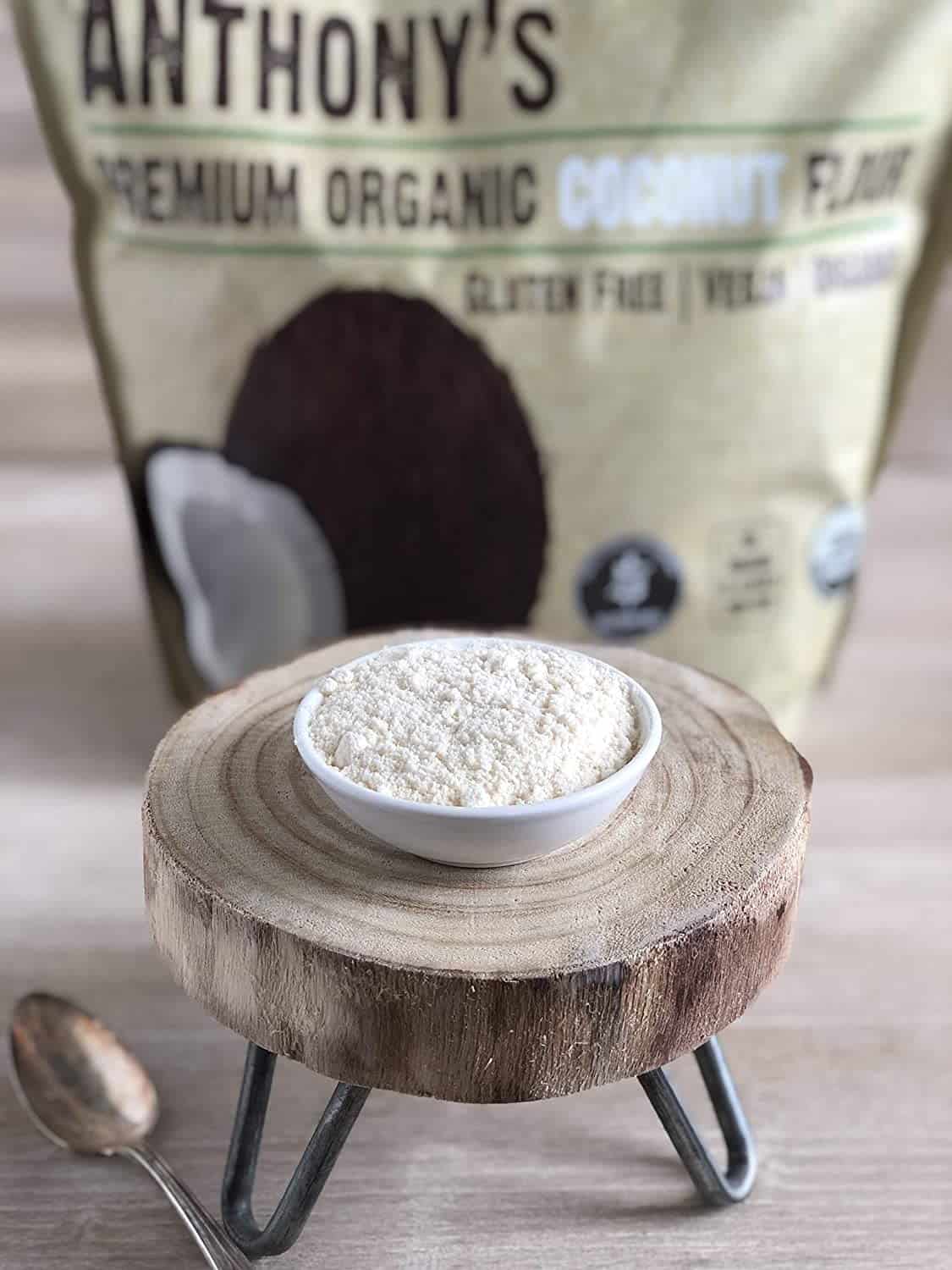
Coconut flour is often used in gluten-free and grain-free recipes because it is a good way to add both protein and fiber.
It also has a mild coconut flavor that goes well with many different recipes.
The texture of coconut flour is similar to other gluten-free flours, so it can be used as a 1:1 replacement in most recipes. Like wheat flour, coconut flour has a light off-white color and similar texture.
You might be wondering: is coconut flour sweet?
The answer is no, coconut flour is not sweet. In fact, it has a very mild coconut flavor that is perfect for baking.
Therefore, it’s used in both sweet and savory recipes and all kinds of gluten-free recipes.
Coconut flour is a good choice for baking because it is:
- High in fiber
- High in protein
- Gluten-free
- Grain-free
- Mildly flavored
- 1:1 replacement for wheat flour in most recipes.
Can you use wheat flour to substitute coconut flour?
Yes and no. Wheat flour contains gluten and many people who choose to bake with coconut flour do so because they are looking for a gluten-free option.
Many people have gluten intolerance and that’s why they prefer coconut flour.
But if you are fine with consuming gluten, you can, of course, use wheat flour when cooking and baking but this is not as healthy as coconut flour.
You can use whole wheat flour, which still has some health benefits but not as many as coconut flour.
Takeaway
Now that you know that almond flour is the best substitute for coconut flour, you can start baking!
You can use almond and all the other coconut flour substitutes for all your favorite sweet and savory dishes.
The key to choosing the perfect substitute flour is to look for similar textures but you always have to check the substitution ratios as these can vary.
Be sure to experiment with different recipes to find the perfect one for your needs. And don’t forget to have fun in the kitchen!
Next, check out my review of the best flour sifters for flawless baking
Check out our new cookbook
Bitemybun's family recipes with complete meal planner and recipe guide.
Try it out for free with Kindle Unlimited:
Read for freeJoost Nusselder, the founder of Bite My Bun is a content marketer, dad and loves trying out new food with Japanese food at the heart of his passion, and together with his team he's been creating in-depth blog articles since 2016 to help loyal readers with recipes and cooking tips.
